Extraction is a process used to separate compounds using a solvent that can dissolve other substances. It is commonly used to process perfumes, vegetable oil, CBD, THC, and tea. Extraction does not destroy the original compound but simply separates it into viable and usable substances. A critical aspect of the extraction process is precise and accurate temperature control, which requires using an extraction chiller. Read More…
Our customers know they can trust us for the ultimate in quality, affordability, and flexibility. If you want a fully customized solution for your chillers, we can help! We work hard to create the best solution for each of our customers, because we know that if you are not happy, we are not happy! You can learn more about our services by visiting our website or giving us a call today!
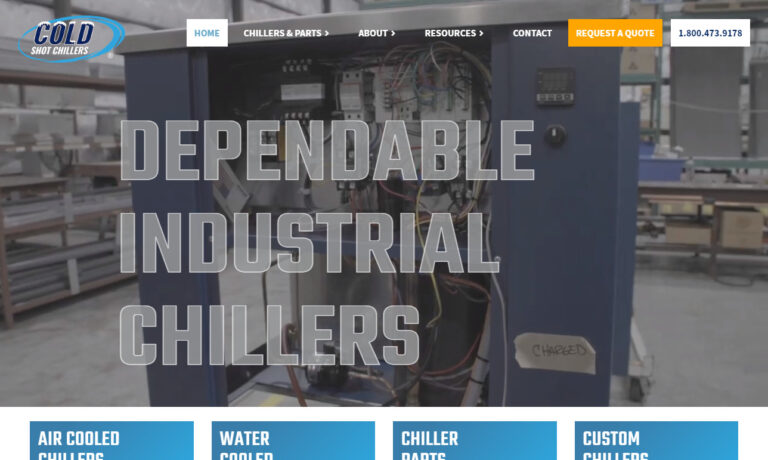
Industry leading, eco- friendly technology from Delta T Systems is setting the pace with energy efficient portable or packaged chiller systems and temperature control units. Our expansive standard product line has been successfully applied in a broad variety of industries for over 30 years. And for applications that require unique features or functionality, our custom design team has the know-how ...
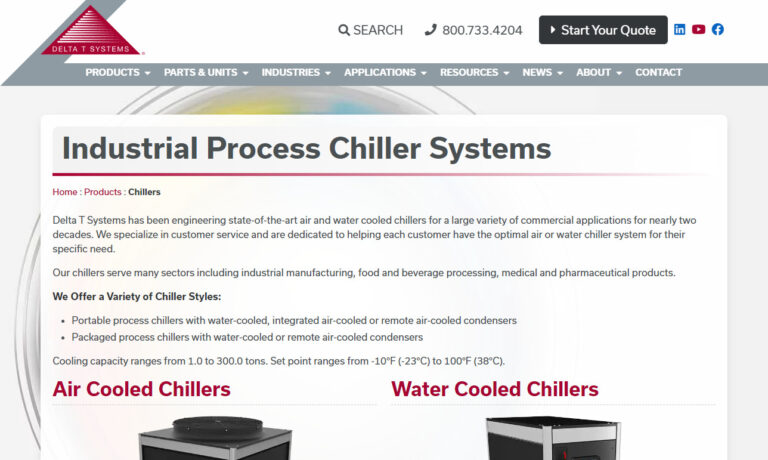
Since 1969, Thermal Care has been a leading manufacturer of portable and central chillers in air cooled, water cooled, and remote condenser models. As an ISO 9001 certified manufacturer, Thermal Care provides heat transfer equipment for over 50 industries and specializes in meeting the specific needs of our customers by offering both standard and custom designed industrial process cooling...
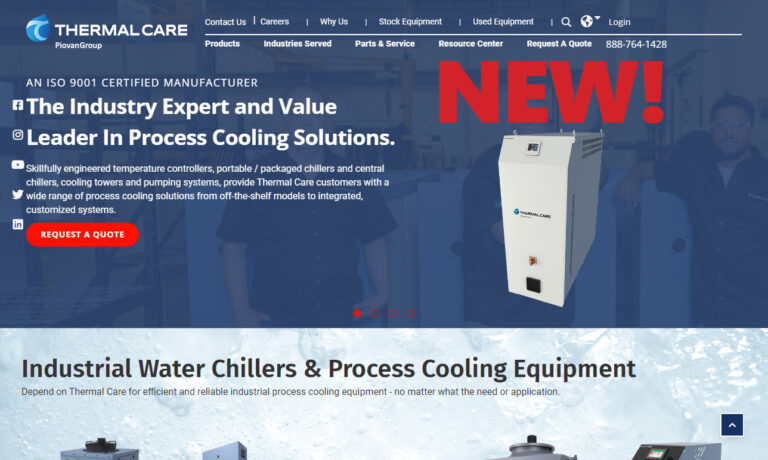
Dimplex Thermal Solutions, based in Kalamazoo, Mich., and home of Koolant Koolers, has been manufacturing water, air, and glycol chillers since 1952. Since that time Dimplex has expanded it’s product offering to include industrial cooling for: Machine Tooling, Food Processing and Packaging, Medical Diagnostic Imaging, Laser Cutting, Manufacturing Processes and more. Dimplex is known for their...
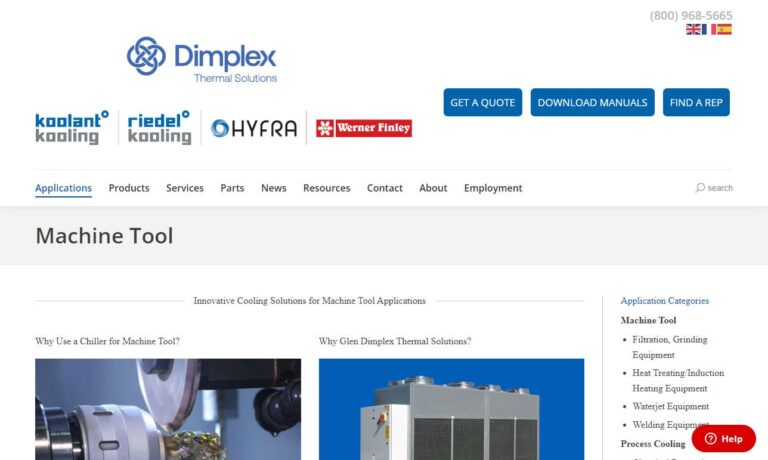
Thermonics® offers a range of process chillers for low (-40°C) and ultra-low (-100°C) temperature cooling. Products include air- and water-cooled chillers, and cryogenic chillers for cooling gasses and fluids. Chillers are compatible with a variety of heat transfer fluids delivering cooling capacities up to 25kW at -90°C, satisfying demands for industrial and mil/aero applications. We are a...
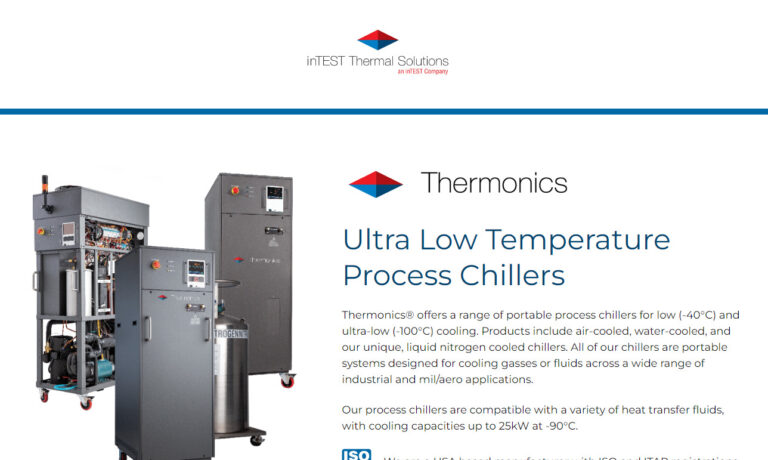
EcoChillers, Inc. provides eco-friendly chillers for the manufacturing industry. We work to make sure that you have a high-quality customer service experience. Our products are sure to help solve all of your chiller needs. We have an elite team of dedicated and seasoned professionals who make sure that you have top of the line service with world class parts. We devote extra attention to making...
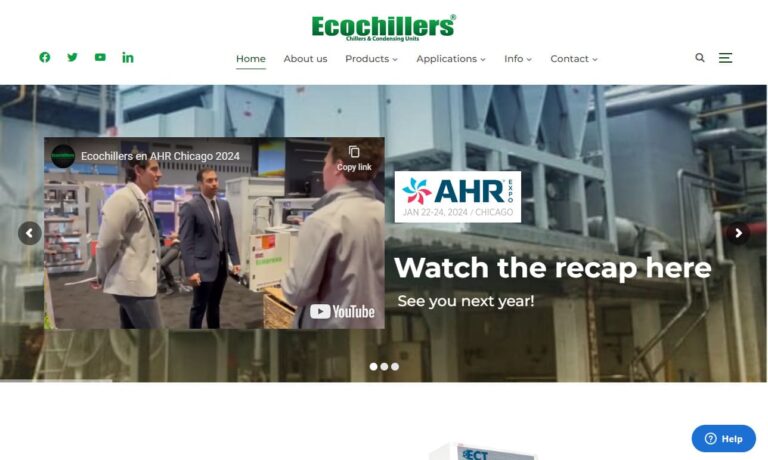
Founded in 1970, we remain focused on the design, manufacture and sales of industrial chillers and temperature controllers, with a long and vast experience in high accuracy systems. The wide range of the products permits to satisfy all specific demands of all kinds and sizes of industries. Frigosystem can structure their offer with tailor-made plants and proposals, always oriented to efficiency...
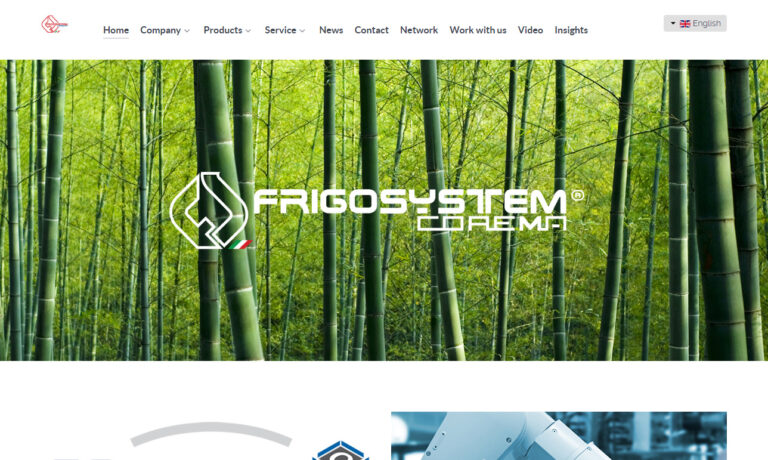
More Extraction Chiller Manufacturers
The four types of chillers used in the extraction process are evaporation, compression, condensation, and expansion. As with all chillers, these types of chillers manipulate the characteristics of a vapor. The function of a chiller is to remove heat from a fluid using a heat exchanger. The collected heat is removed using the fans of an air cooled chiller, or the water of a water cooled chiller.
The extraction process involves the basic elements of a chiller, which are high temperature and high pressure with a liquid solvent. There are various extraction processes, each of which is a different method for performing the same process and includes ethanol extraction, solvent extraction, and CO2 extraction.
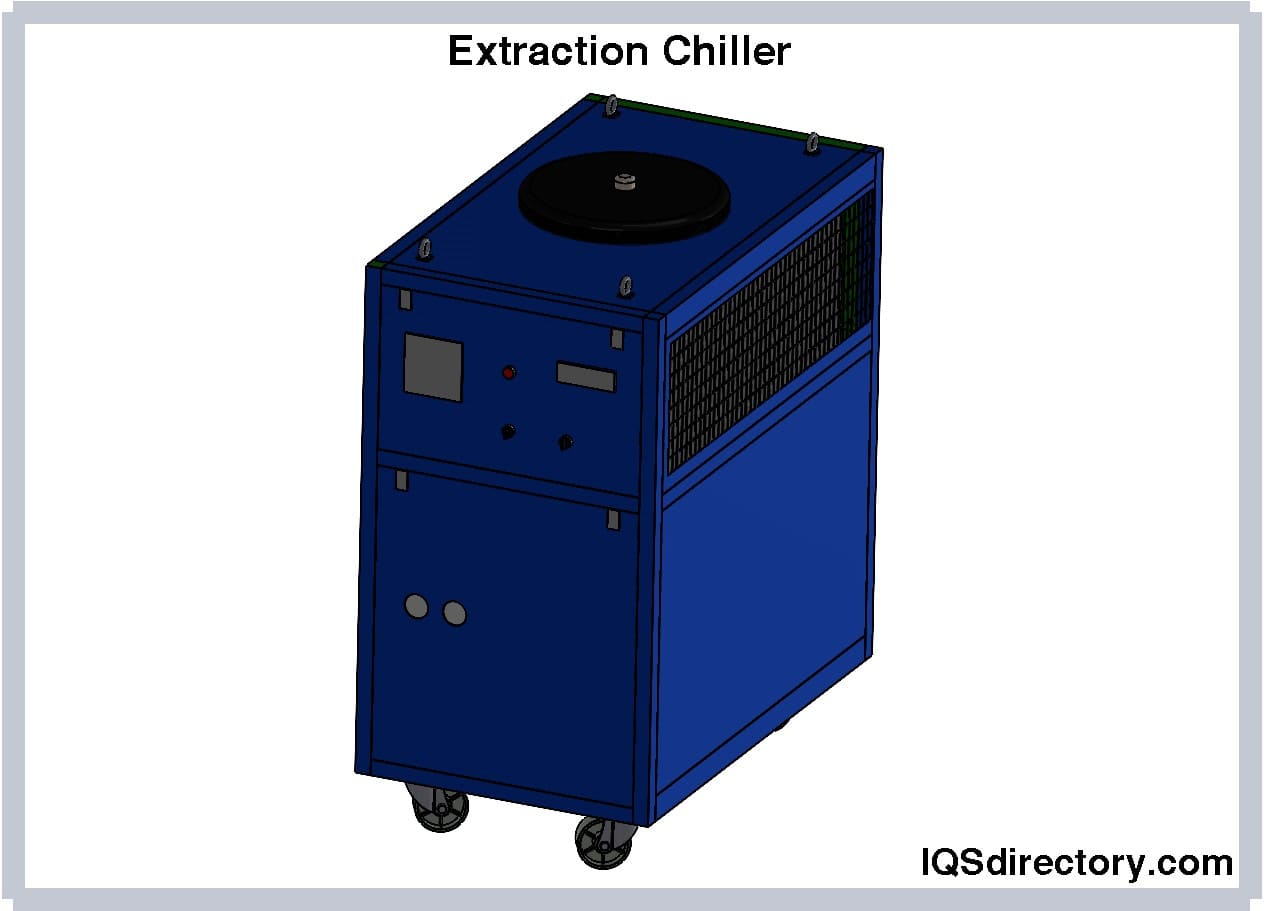
Extraction Chiller Types
Extraction chillers are capable of reaching the extremely low temperatures that are required for the extraction process. They are designed to extract various chemicals and oils from plants to produce medicines, cosmetics, and dietary supplements. The types of materials extracted by extraction chillers have given them the name botanical chillers.
During the extraction process, various solvents, CO2, or ethanol are cycled through the fibers of plants at subzero temperatures, which have to be maintained at a constant and steady setting to avoid damage to the plants. Regardless of the process, all forms of extraction begin with leaves, roots, or the stems of plants.
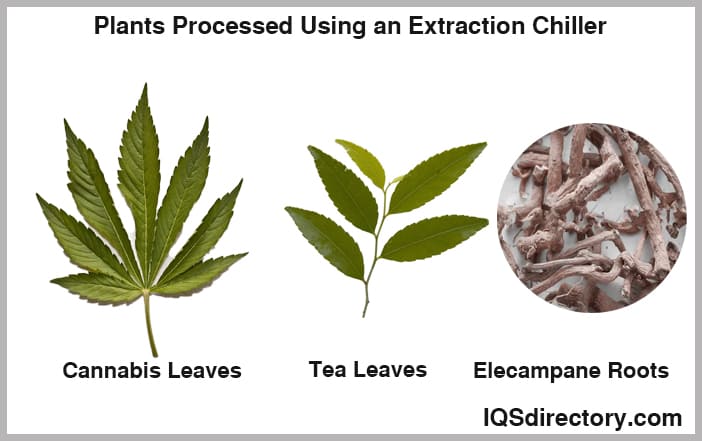
Carbon Dioxide Extraction Chiller
Carbon dioxide extraction is a complex extraction method that is highly advanced and reliable. It uses a closed-door extractor with three chambers, with the first chamber containing CO2 in a solid form. The second chamber has leaves and plant material. The third chamber is the key chamber where the separation process occurs.
The process begins with the release of CO2 into the second chamber with the material to be separated. Then, in the third chamber, the CO2 rises and leaves the separated material at the bottom of the chamber. With carbon dioxide extraction, temperature and pressure are used to create phase changes in the carbon dioxide. As a tunable solvent, carbon dioxide can extract many types of substances. As it is manipulated, it causes compounds to separate from their plant material.
There has been a growing interest in CO2 extraction, especially in the production of THC and CBD. The process is completed using a liquid solvent that passes through the cannabis plant material. Under stable temperature conditions, the process preserves the non-psychoactive attributes of the THC and CBD materials.
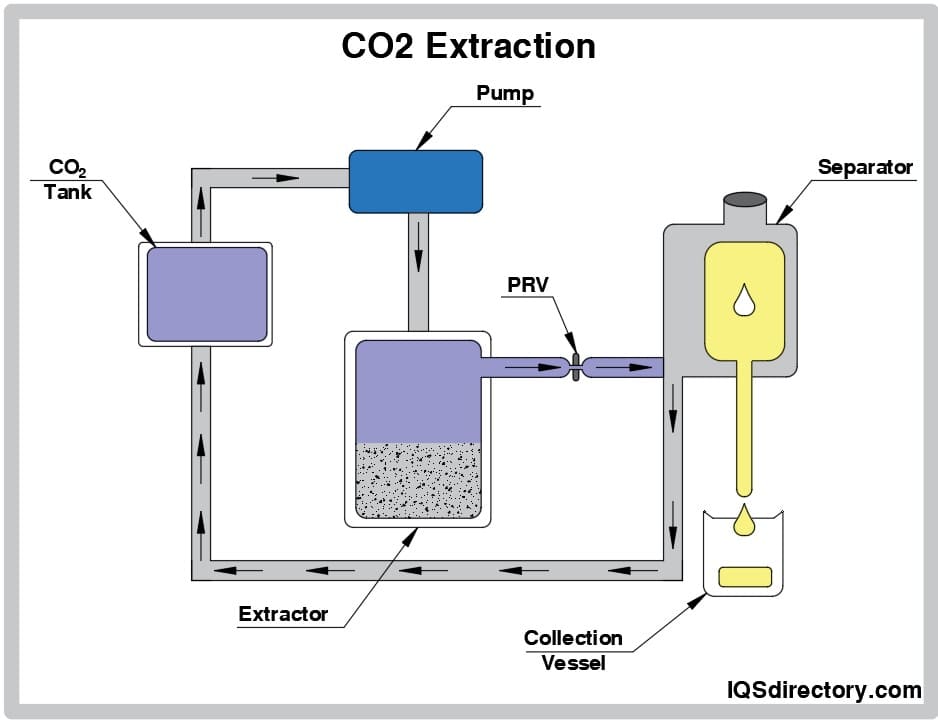
Ethanol Extraction
Ethanol extraction uses ethanol as the solvent, which is combined with biomass, where the ethanol pulls out the desired compounds. The extracted elements are in the form of crude oil. The process of ethanol extraction has been used for centuries since ethanol evaporates quickly, leaving the extracted oils.
The process of ethanol extraction is safe and offers outstanding results. The main focus of ethanol extraction is immersing the plant material in ethanol. Then, the blended plant material and ethanol are left in the extraction chiller overnight at radically low temperatures. During the mixing, blending, and combining process, separation happens, and the desired compounds are extracted.

Solvent Extraction
Solvent extraction is a simple and cost-effective method that uses ethanol and butane. The plant material is dissolved in the solvent that dissolves the oil and washes the oilseeds using chemical extraction. The process is referred to as liquid-liquid extraction (LLE), which is the extraction of one liquid from another. It is an ideal method for large-scale production.
The process of solvent extraction is similar to ethanol extraction. As with ethanol extraction, the plant material is soaked in petroleum ether, methanol, or hexane to separate the botanical oils. The substances and chemicals extracted from plants are part of the pharmaceutical, fragrance, food, and medical industries. Solvent extraction is an ancient process that goes back thousands of years. It has been enhanced and made safer in the modern era using the controlled environments created by extraction chillers.
Major Features of Extraction Chillers
Chillers are initially divided into air cooled and water cooled. Air cooled chillers require a great deal of power but are compact and portable. Water cooled chillers are less expensive but have a cooling tower and take up a great deal of space. Aside from these basic aspects of chillers, there are other considerations regarding extraction chillers.
- Temperature – The temperature range is an essential part of extraction chillers and must be between -40 °F to -80 °F (-40 °C to -62 °C).
- Size – The sizing process can be difficult and necessitates careful consideration. An undersized chiller will not supply sufficient cooling, while an oversized one can be inefficient.
- Refrigerant – The most recent trend in refrigerants has been toward natural refrigerants due to environmental considerations.
- Compressor Size – The heat load and coolant temperature determine the size of the compressor. A higher heat load and lower-set point temperatures can result in extreme power consumption and cost.
Choosing the Correct Extraction Chiller Company
For the most productive outcome when purchasing an extraction chiller from an extraction chiller supplier, it is important to compare several companies using our list of extraction chiller suppliers. Each supplier has a business profile page highlighting their areas of experience and capabilities, and a contact form to directly communicate with the manufacturer for more information or to request a quote. Review each extraction chiller business website using our patented website previewer to get an understanding of what each company specializes in. Then, use our simple RFQ form to contact multiple extraction chiller businesses with the same form.

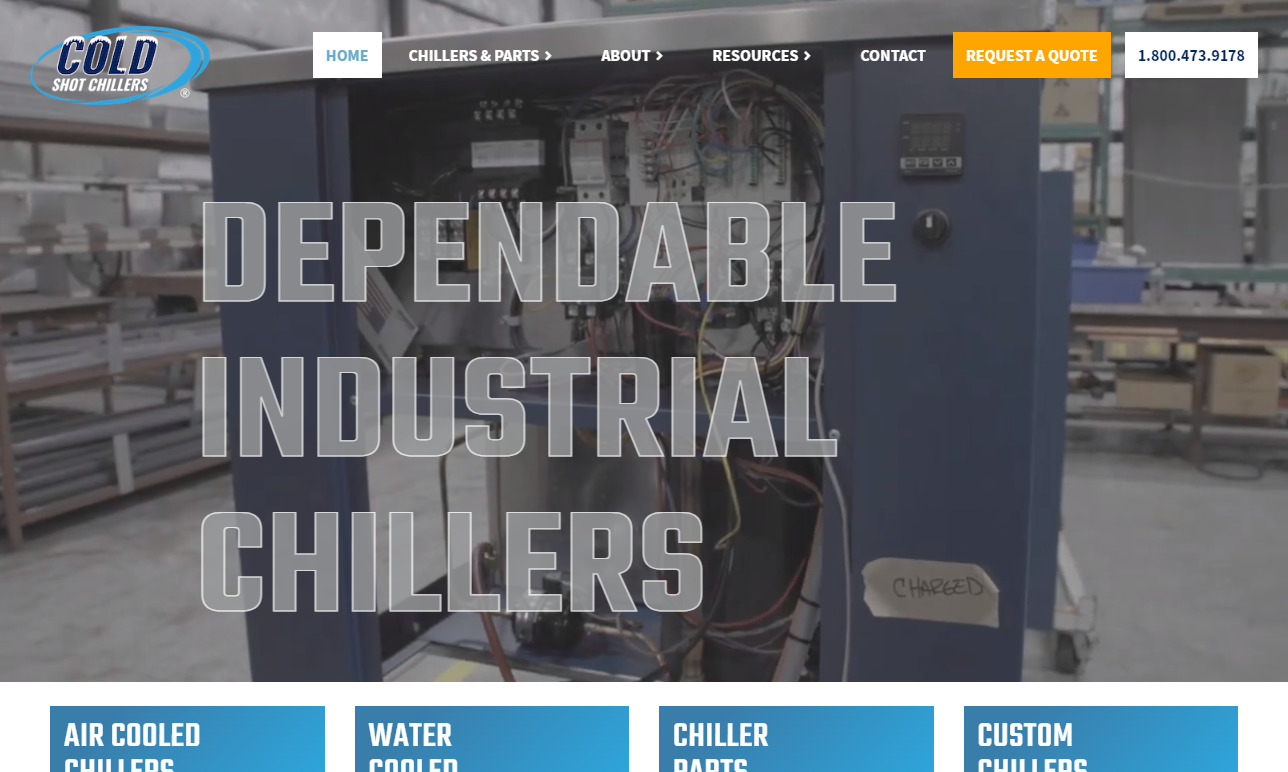
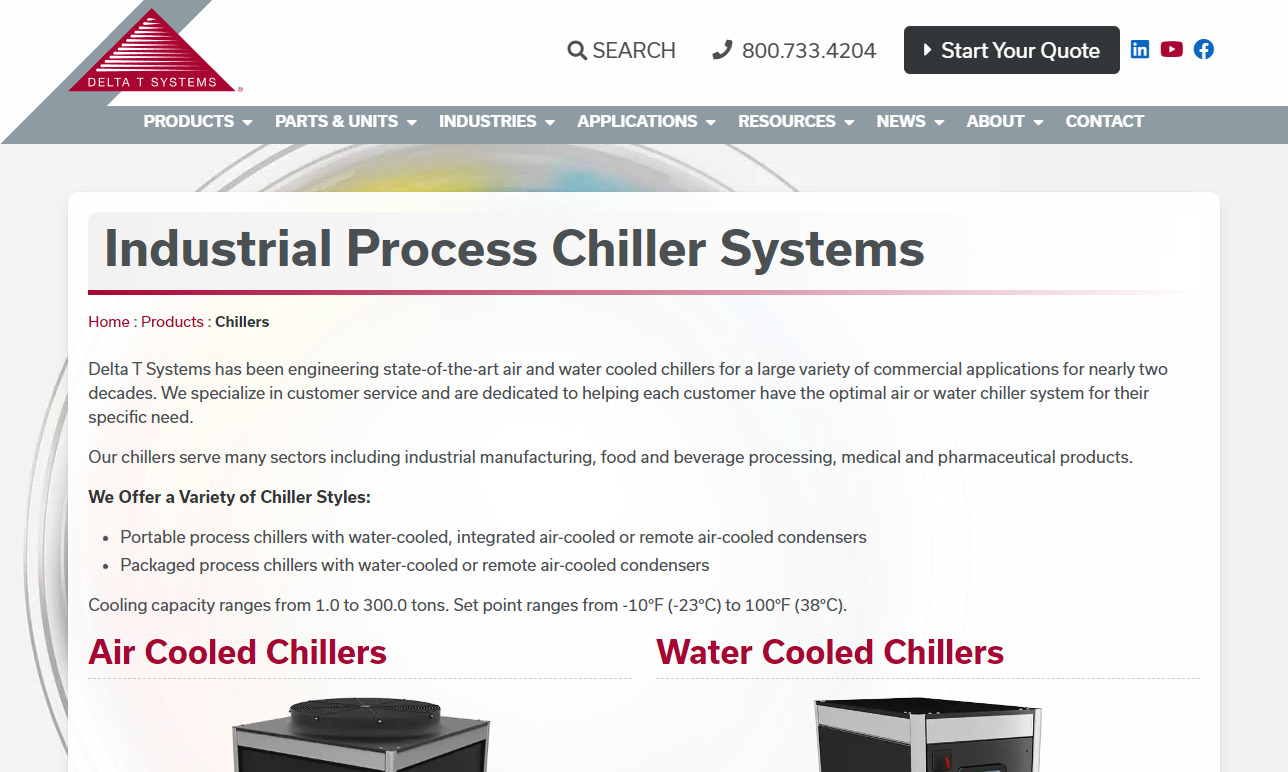
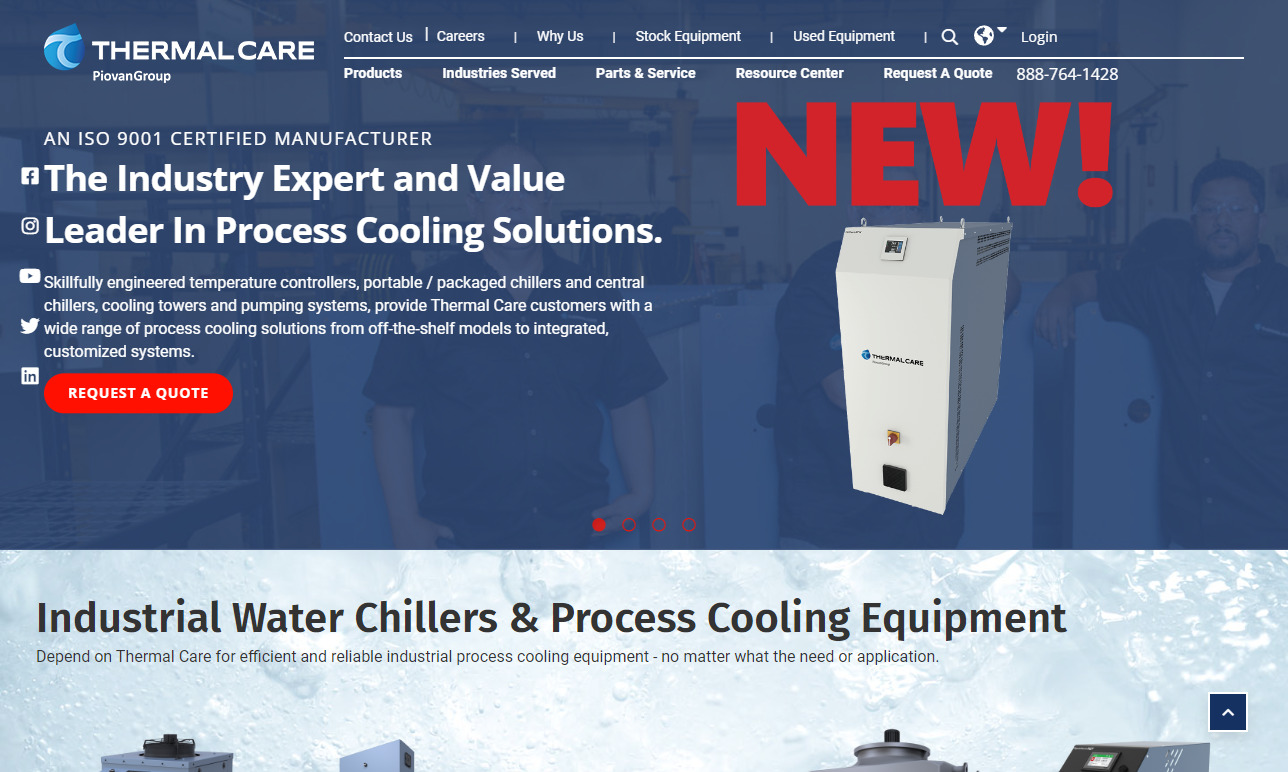

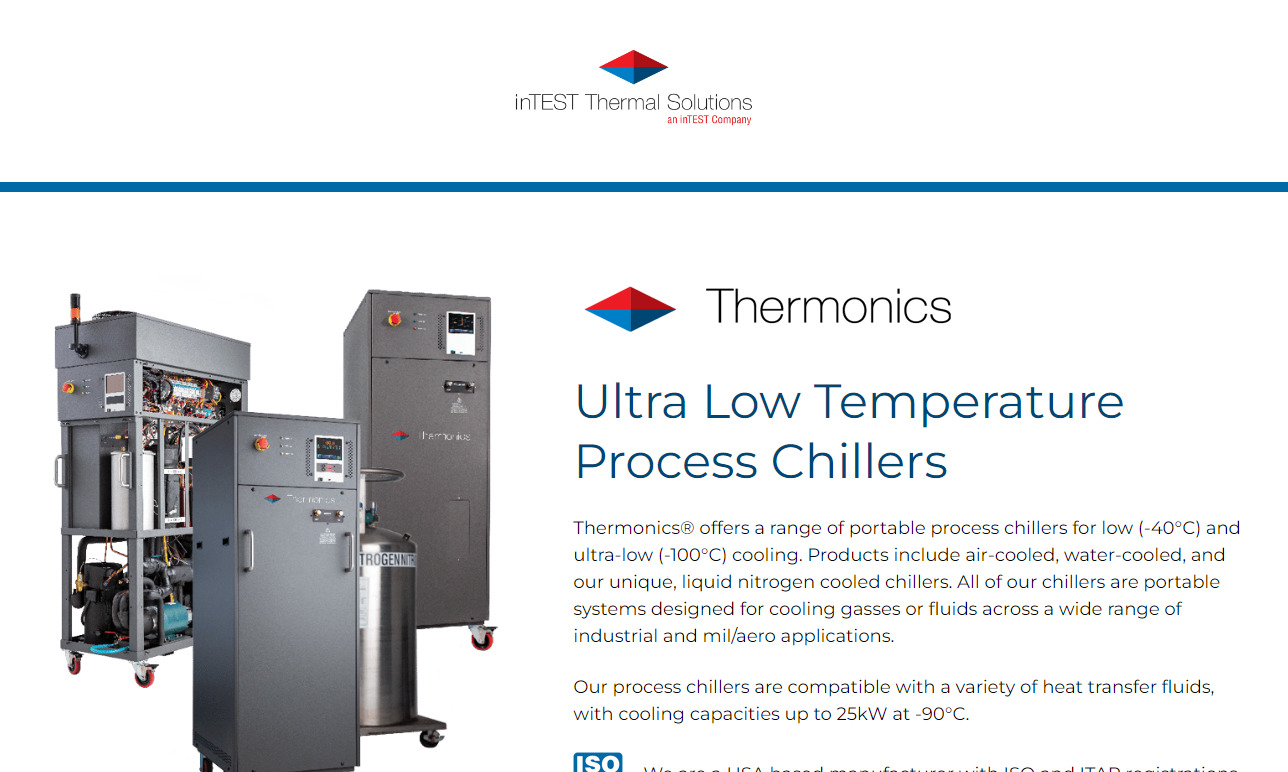
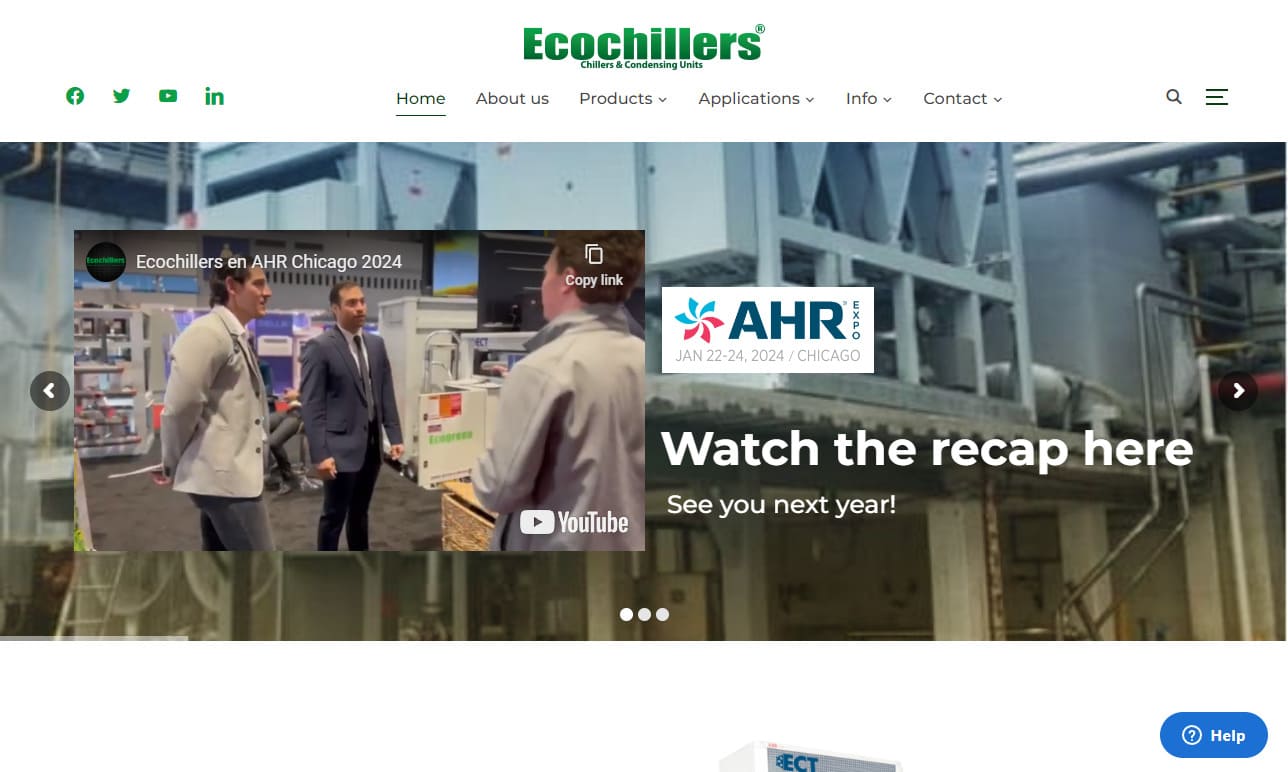
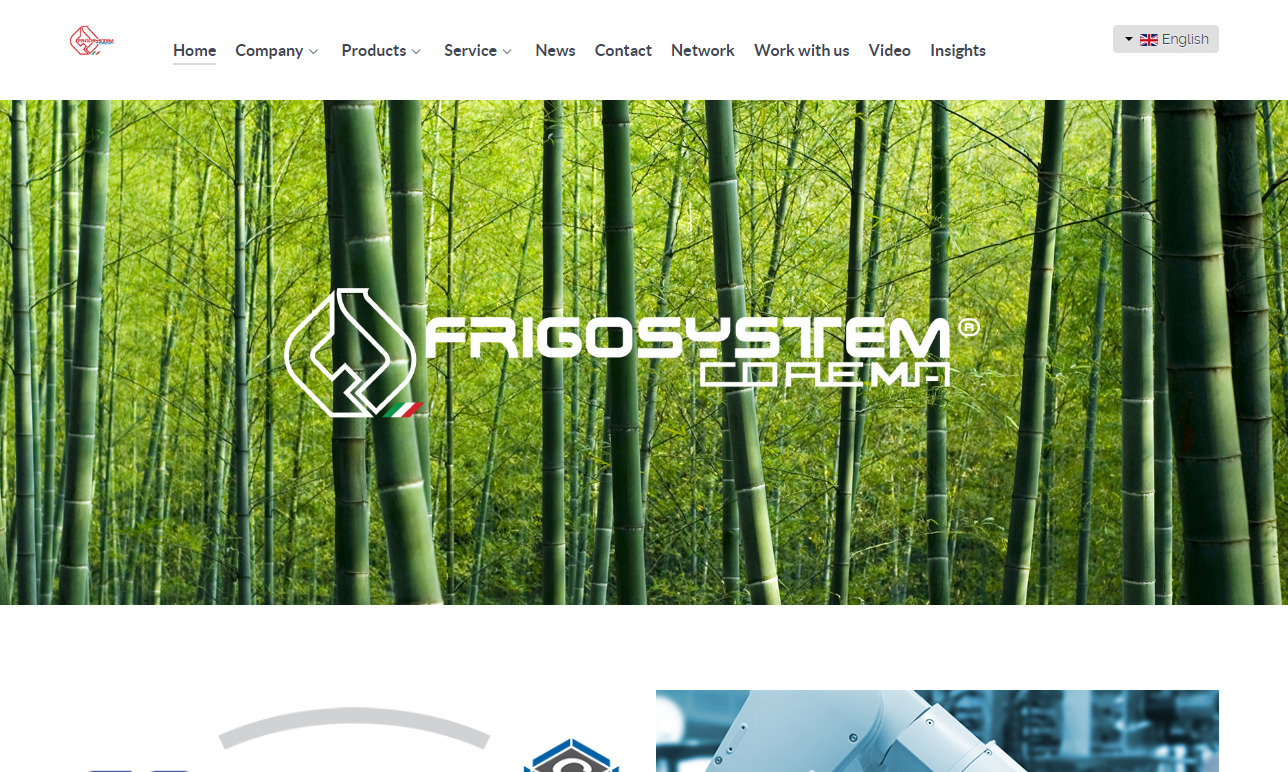
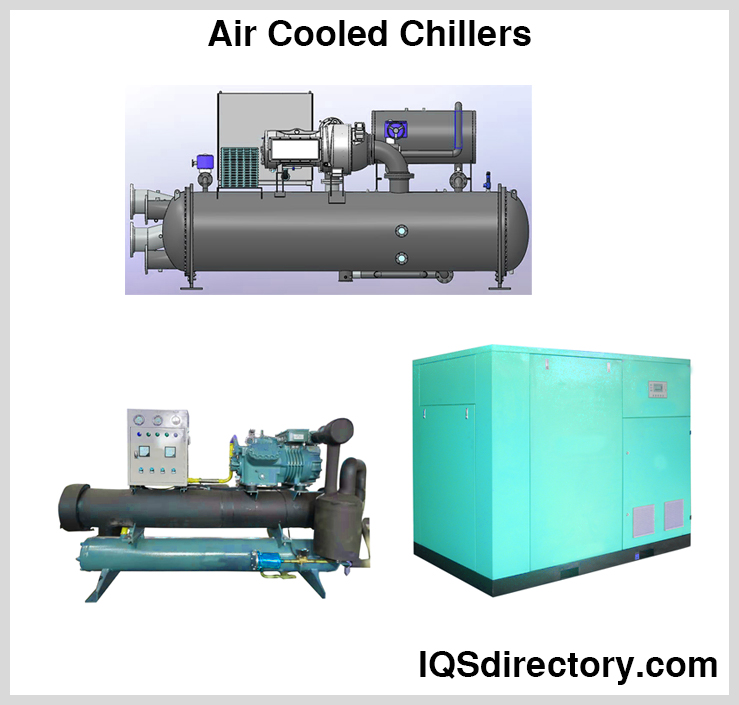
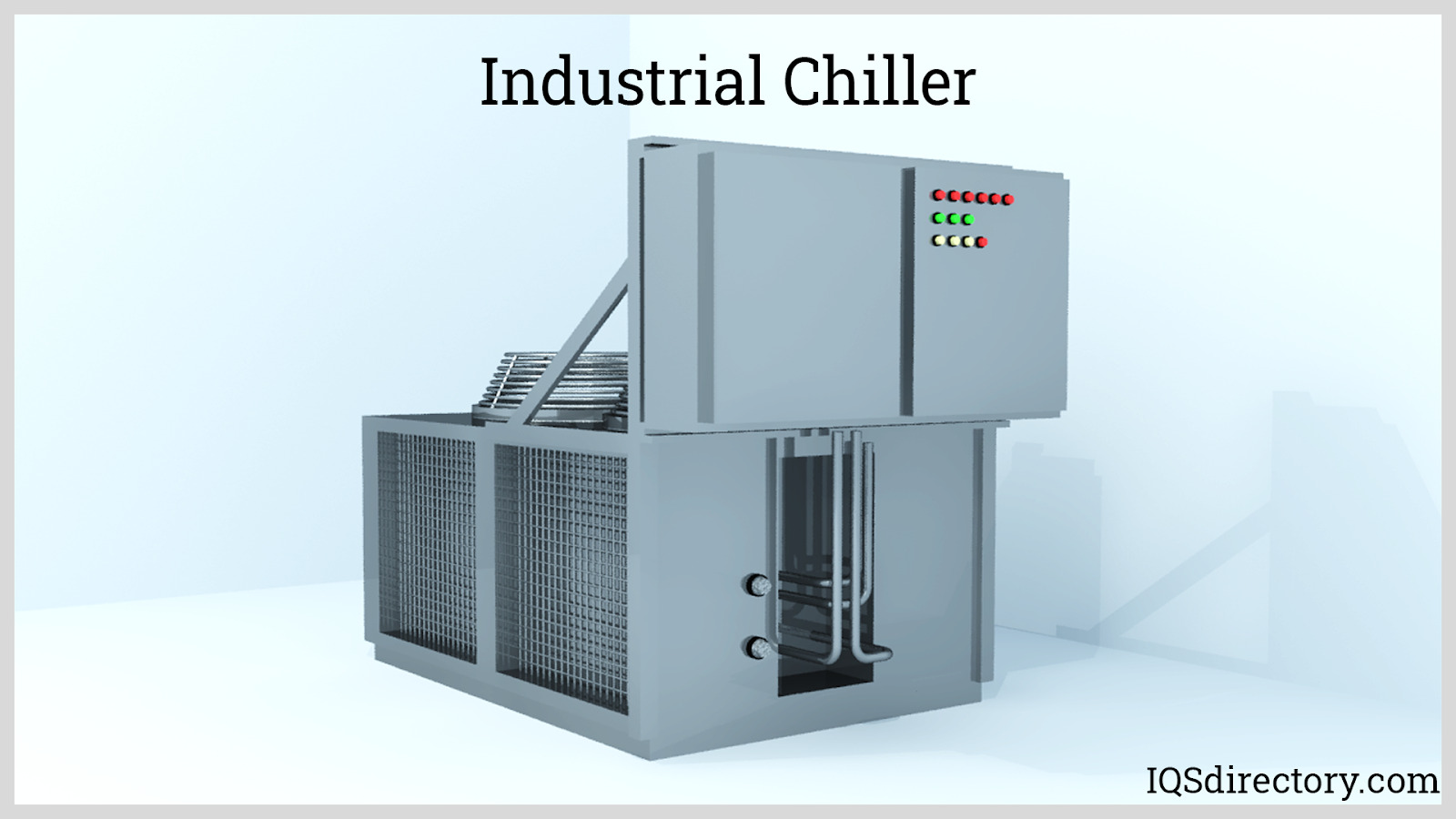
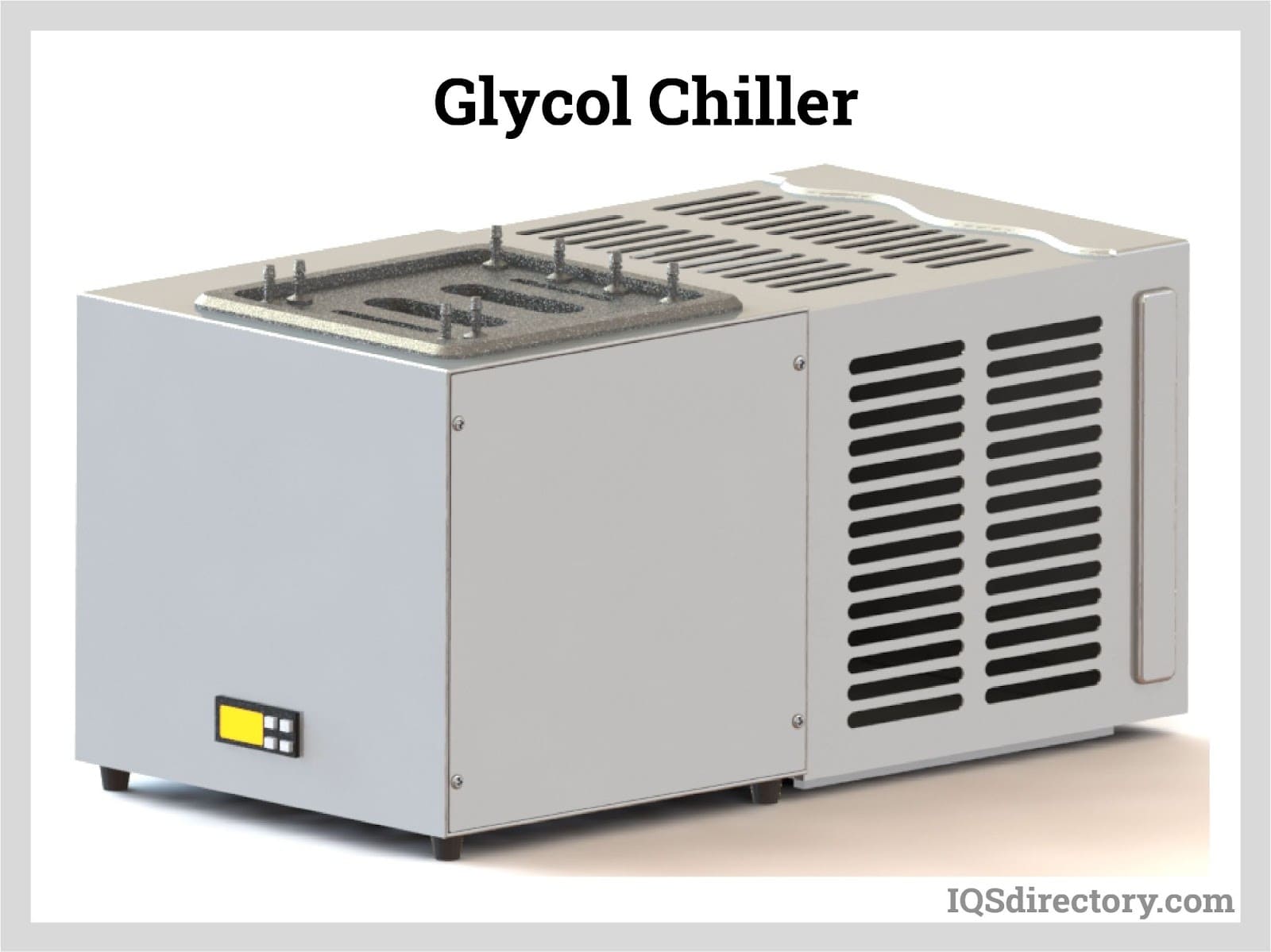
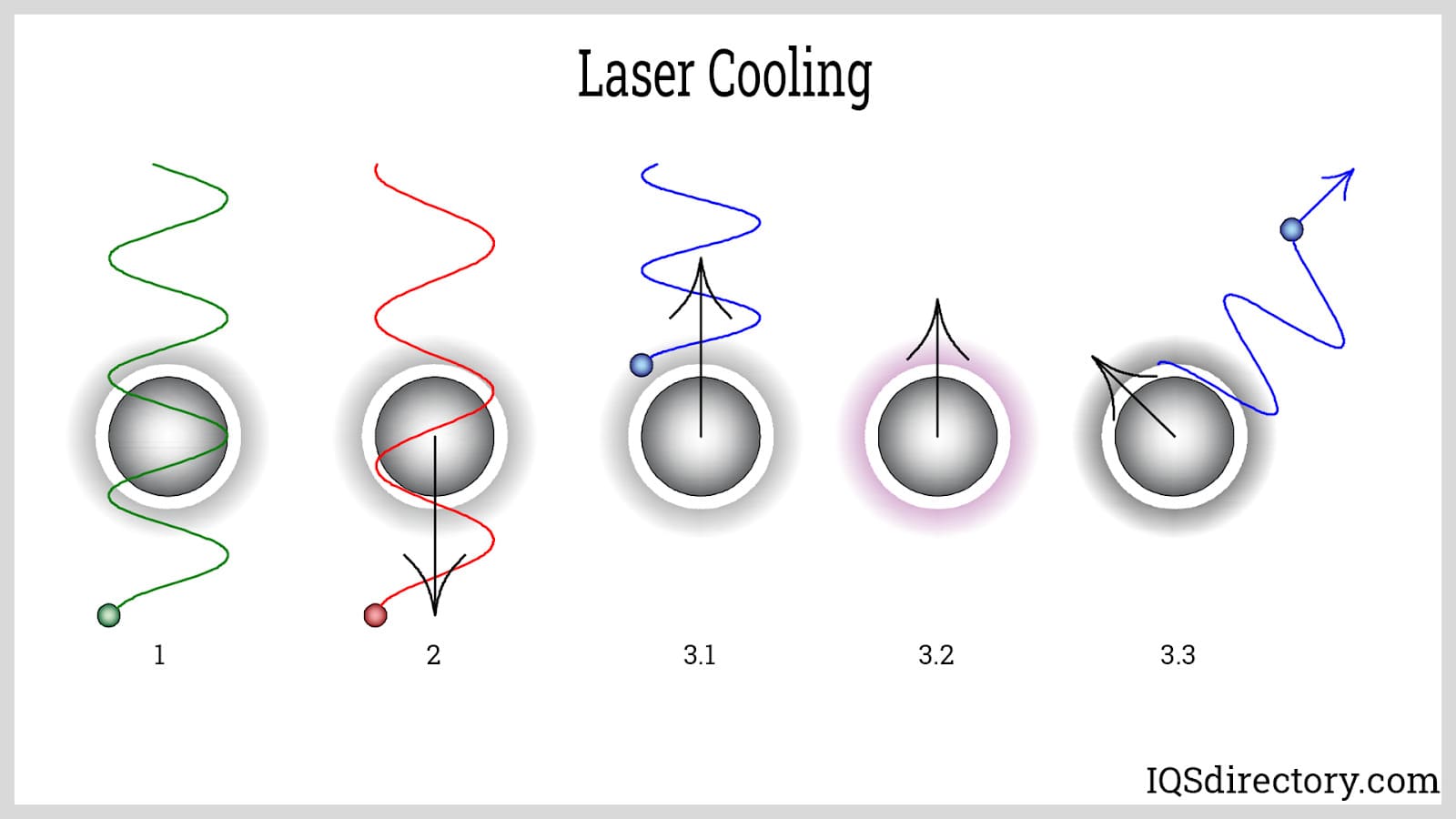
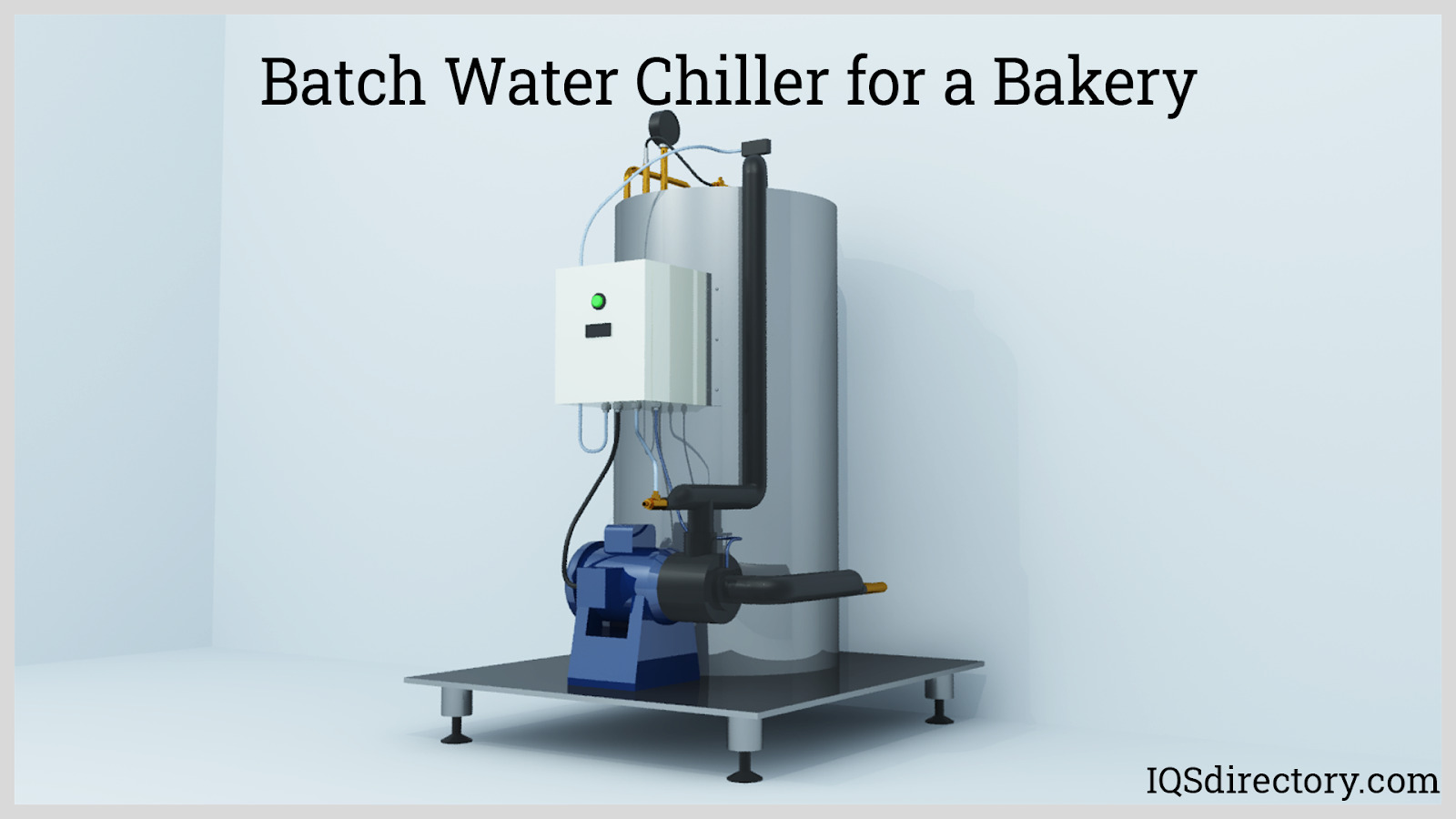
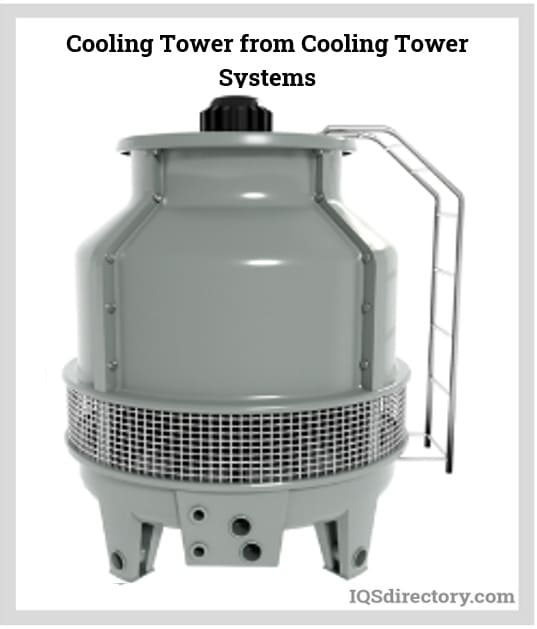
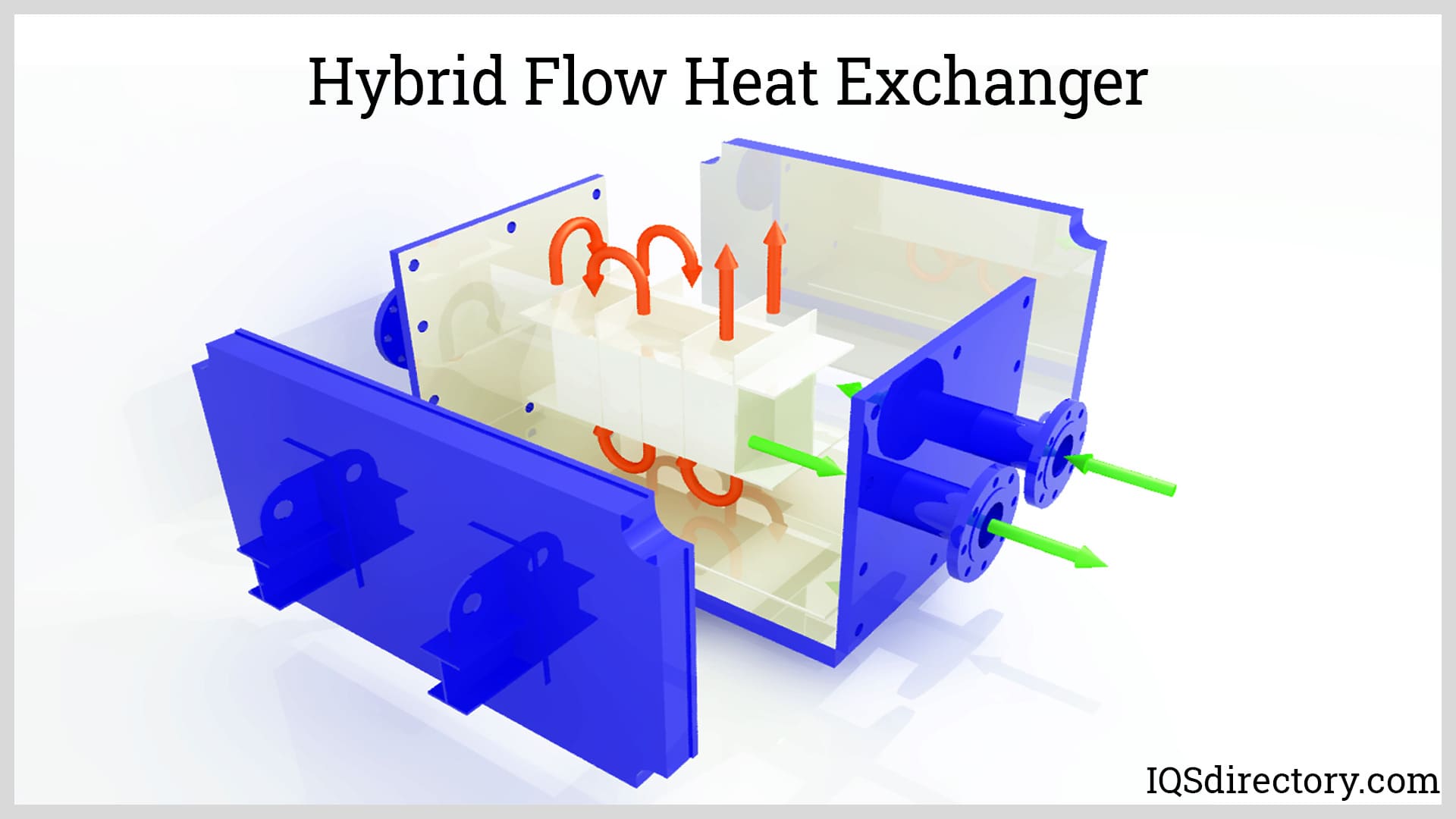
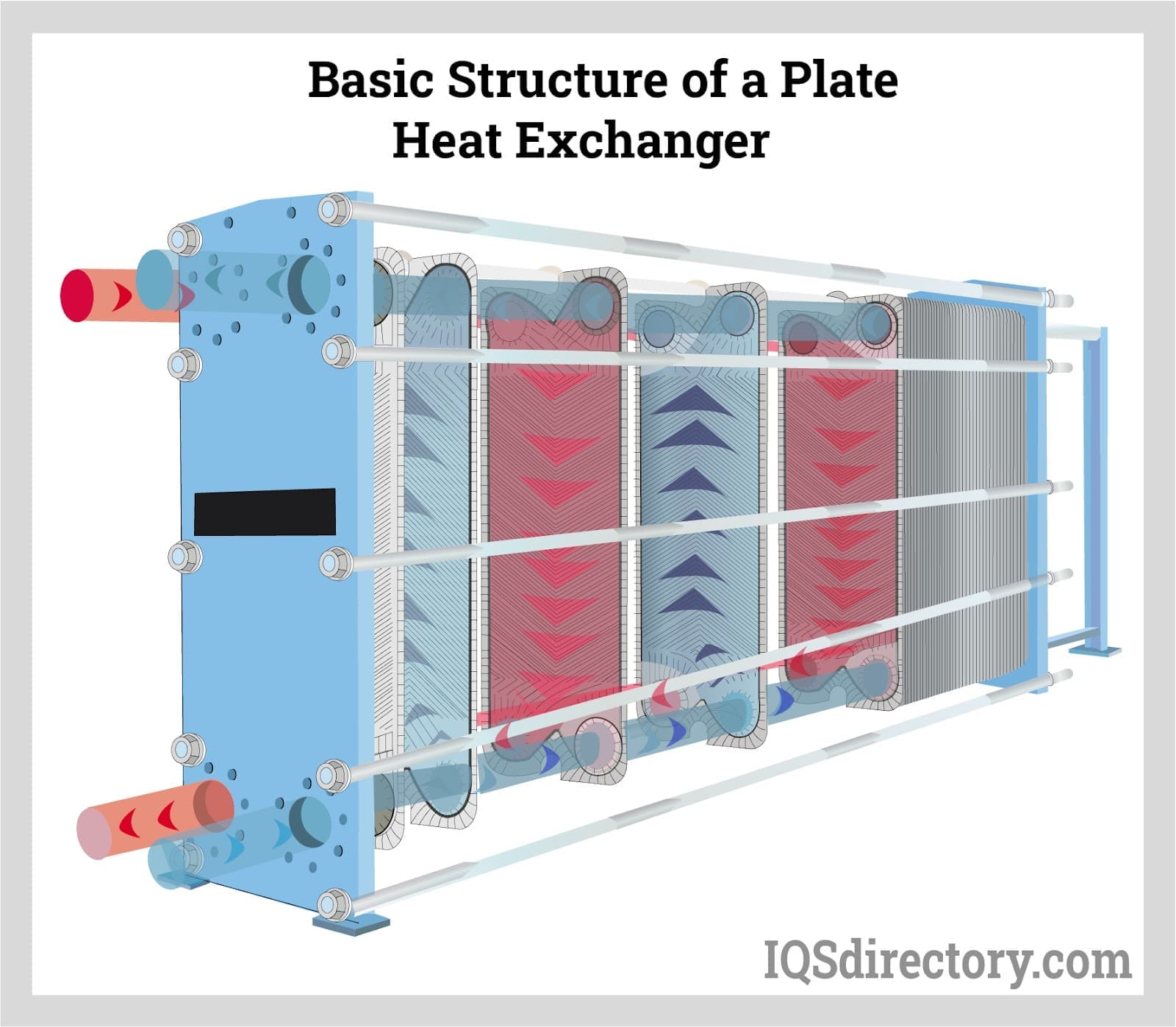
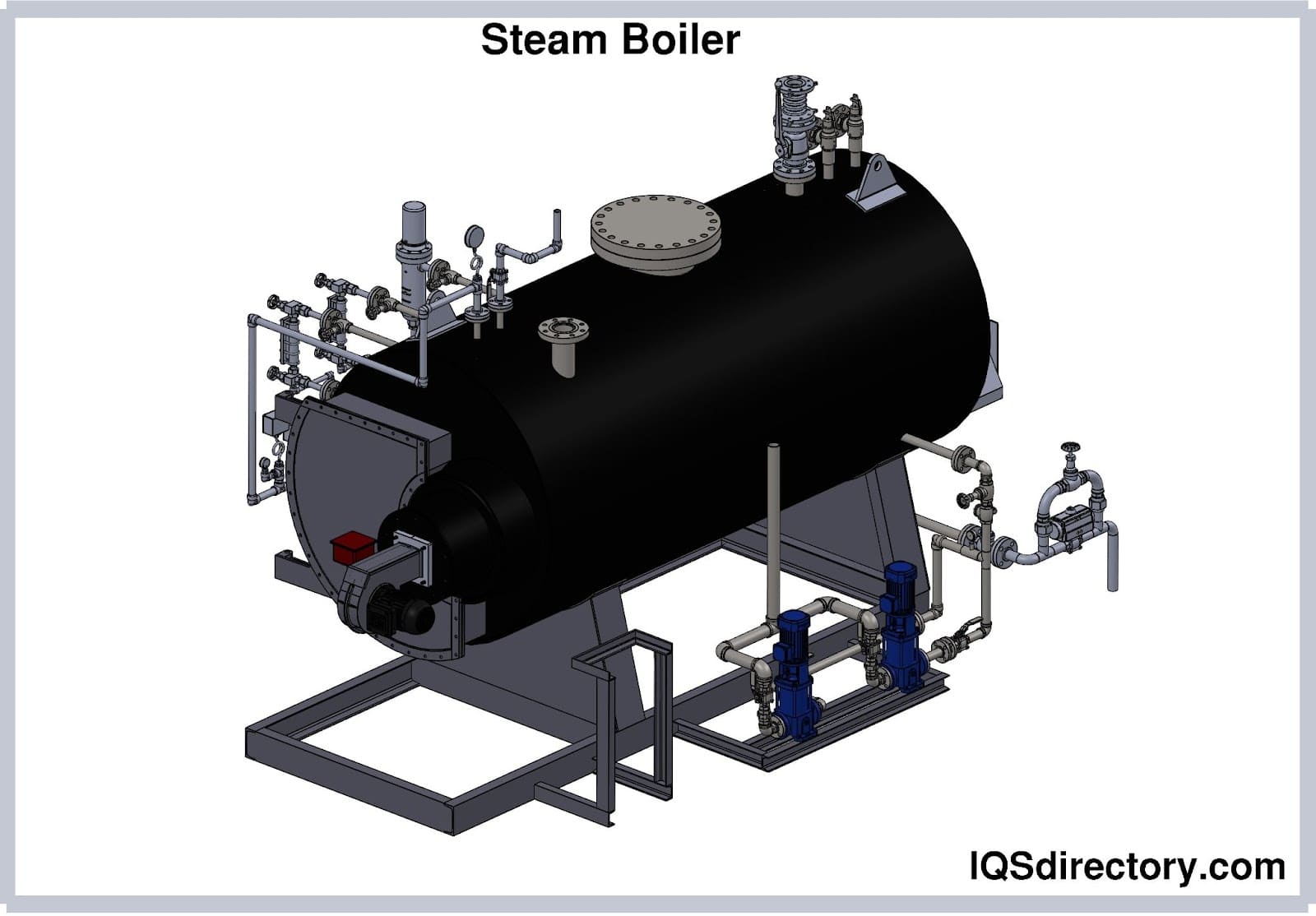
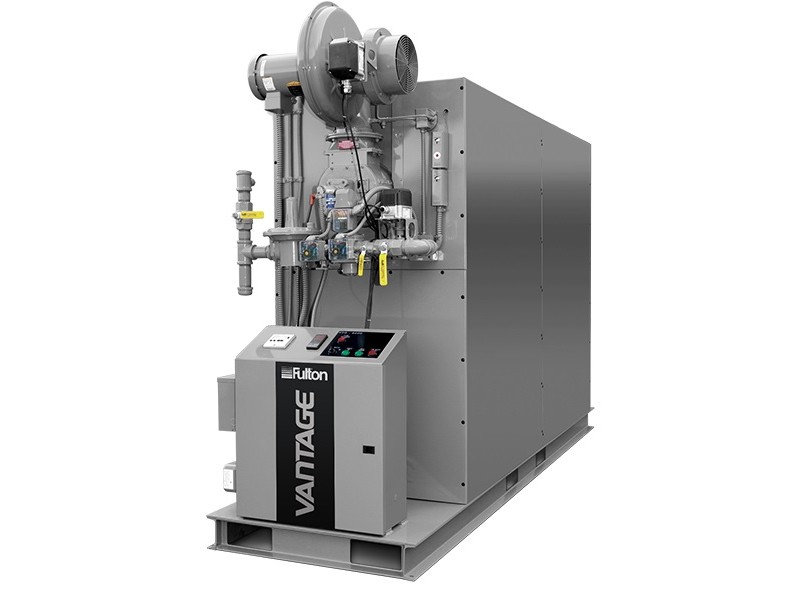 Boilers
Boilers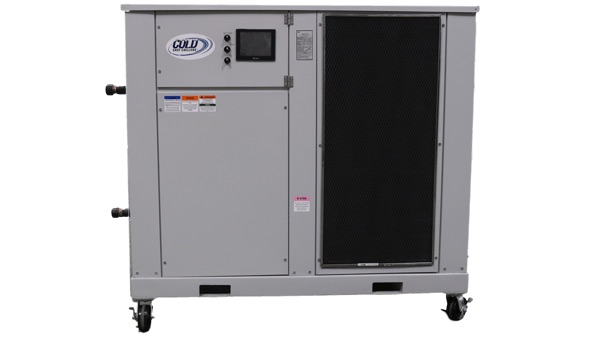 Chillers
Chillers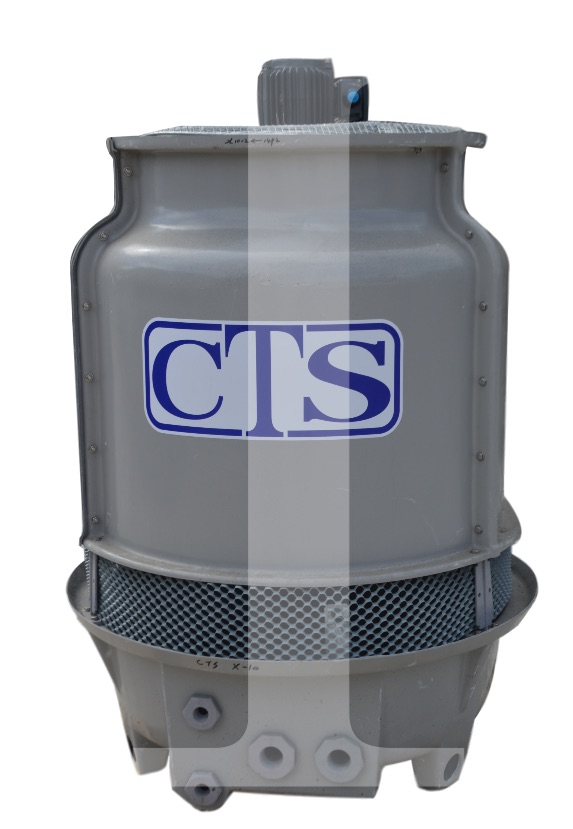 Cooling Towers
Cooling Towers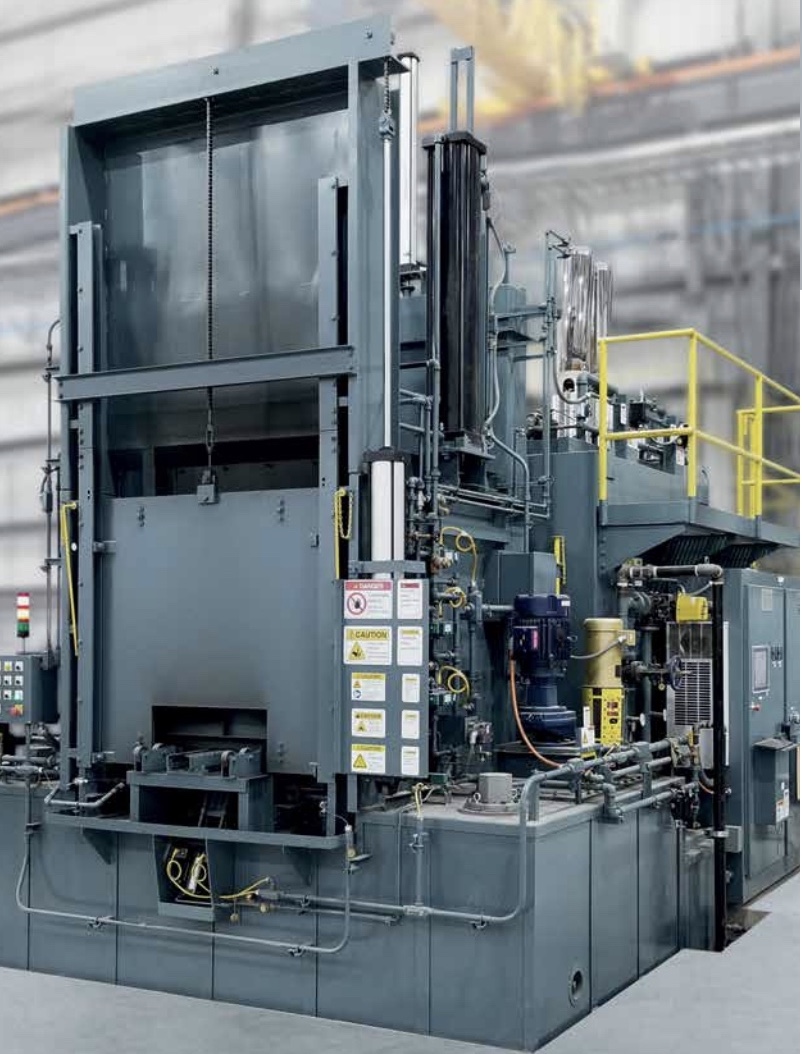 Furnaces
Furnaces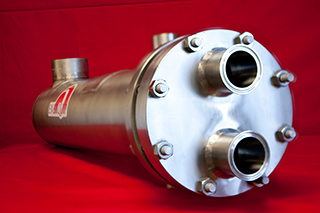 Heat Exchangers
Heat Exchangers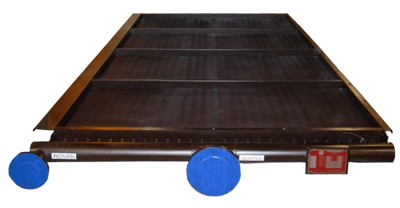 Heat Transfer Equipment
Heat Transfer Equipment Castings & Forgings
Castings & Forgings Bulk Material Handling
Bulk Material Handling Electrical & Electronic Components
Electrical & Electronic Components Flow Instrumentation
Flow Instrumentation Hardware
Hardware Material Handling Equipment
Material Handling Equipment Metal Cutting Services
Metal Cutting Services Metal Forming Services
Metal Forming Services Metal Suppliers
Metal Suppliers Motion Control Products
Motion Control Products Plant & Facility Equipment
Plant & Facility Equipment Plant & Facility Supplies
Plant & Facility Supplies Plastic Molding Processes
Plastic Molding Processes Pumps & Valves
Pumps & Valves Recycling Equipment
Recycling Equipment Rubber Products & Services
Rubber Products & Services